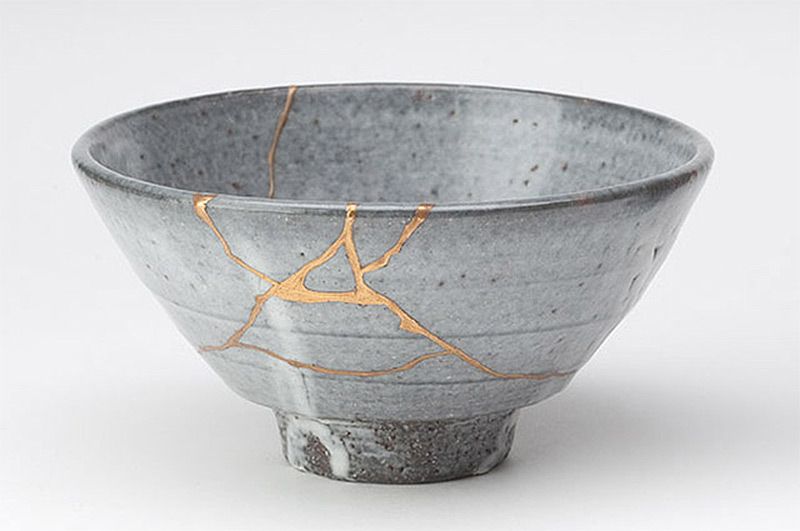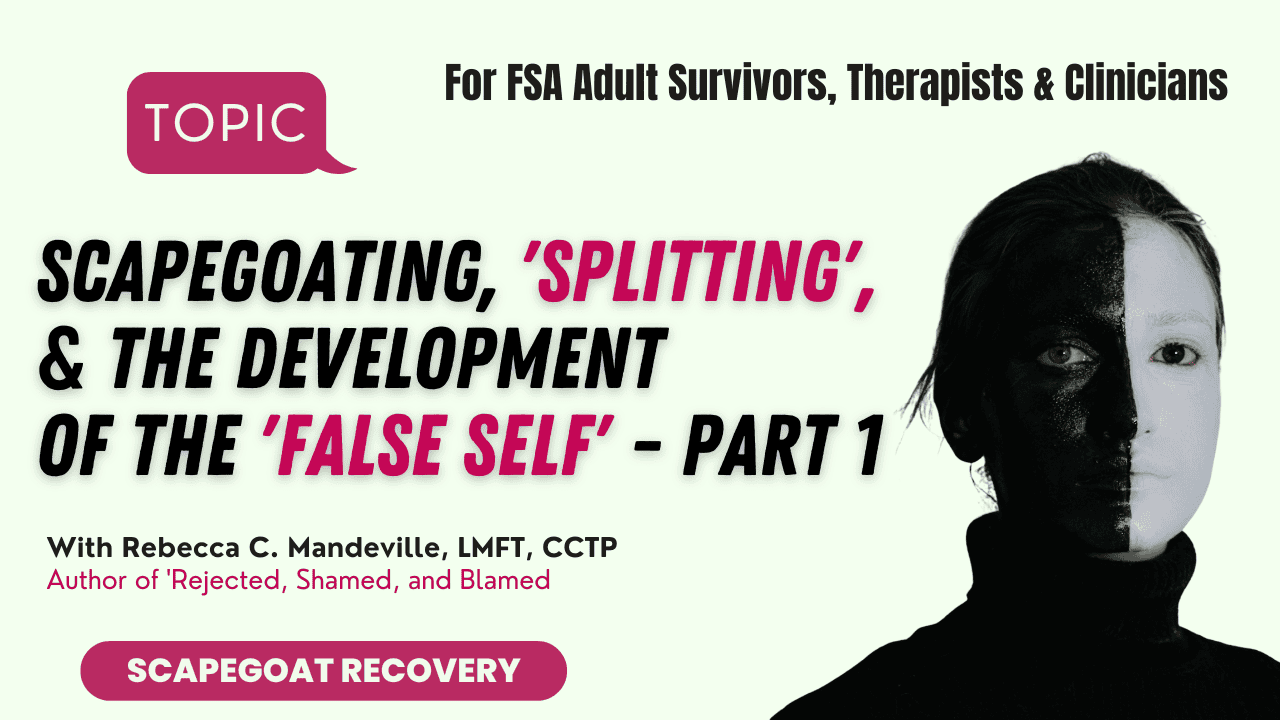Dirty Secrets: The Hidden Truth of Mobbing and Betrayal Trauma in Families That Scapegoat
In the labyrinth of family dynamics lies a dark underbelly often veiled by the facade of harmony and love. Betrayal Trauma, Family Mobbing, and Family Scapegoating Abuse (FSA) are three interwoven phenomena that thrive in the shadows of familial relationships, leaving deep scars on the psyche of those ensnared within their grasp…




